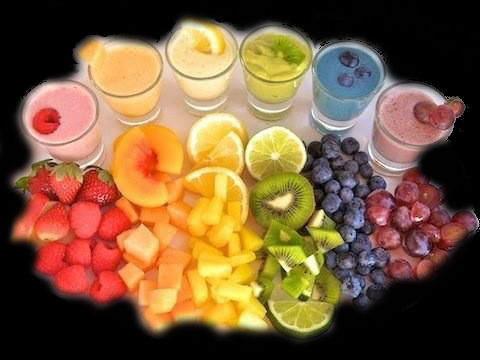Did you know it is narrated that the Prophet (peace be upon him) said:

"The example of the believer who prays the Qur'an is the example of the Utrujj: its taste is delicious and its scent is pleasent." (Sahih)
The Utrujj consists of four elements, namely the peel, heart (or pulp), the pith, and the seed. The peels are hot and dry, while the pulp is hot and wet. The Utrujj pith is cold and dry, while its seed is hot and dry.
The peel placed within clothes prevents molding. The peel's scent refreshes decaying and polluted air. The peels also improve the flavor of foods and dissipate foul scents.
The pulp of the Utrujj soothes the heat of the stomach, helps those who suffer from bile and subdues hot vapours. Further, Al-Ghafiqi said,
"Eating the (citron) pulp relieves hemorrhoids."
The extracts of the pith contained in the citron constipates, relieves bile, soothes hot pulsation, controls bilious vomiting, and when taken as a drink or a kohl, relieves jaundice.
The pith also soothes and has a chilling effect, cools the hotness of the liver, strengthens the stomach, eliminated bile and the accompanying depression and also quenches the thirst.
The seeds of the Utrujj have a decomposing and drying effect. Ibn Masawaih said that Utrujj,
"When the skin of the seed is removed and cooked and taken as a drink with warm water, helps against deadly poisons when one drinks as much as two measures, each around 25g.
When the seeds are ground and placed on a sting, they also help. The seeds also constipate and add good scent to the taste. Most of these benefits are also present in its pulp."
Truly, such a beneficial substance deserves to be compared with the best of creation, meaning the believer who recites the Qur'an.
Might be worth mentioning that some of the Salaf used to like looking at the Utrujj because its sight is pleasant and comforting.